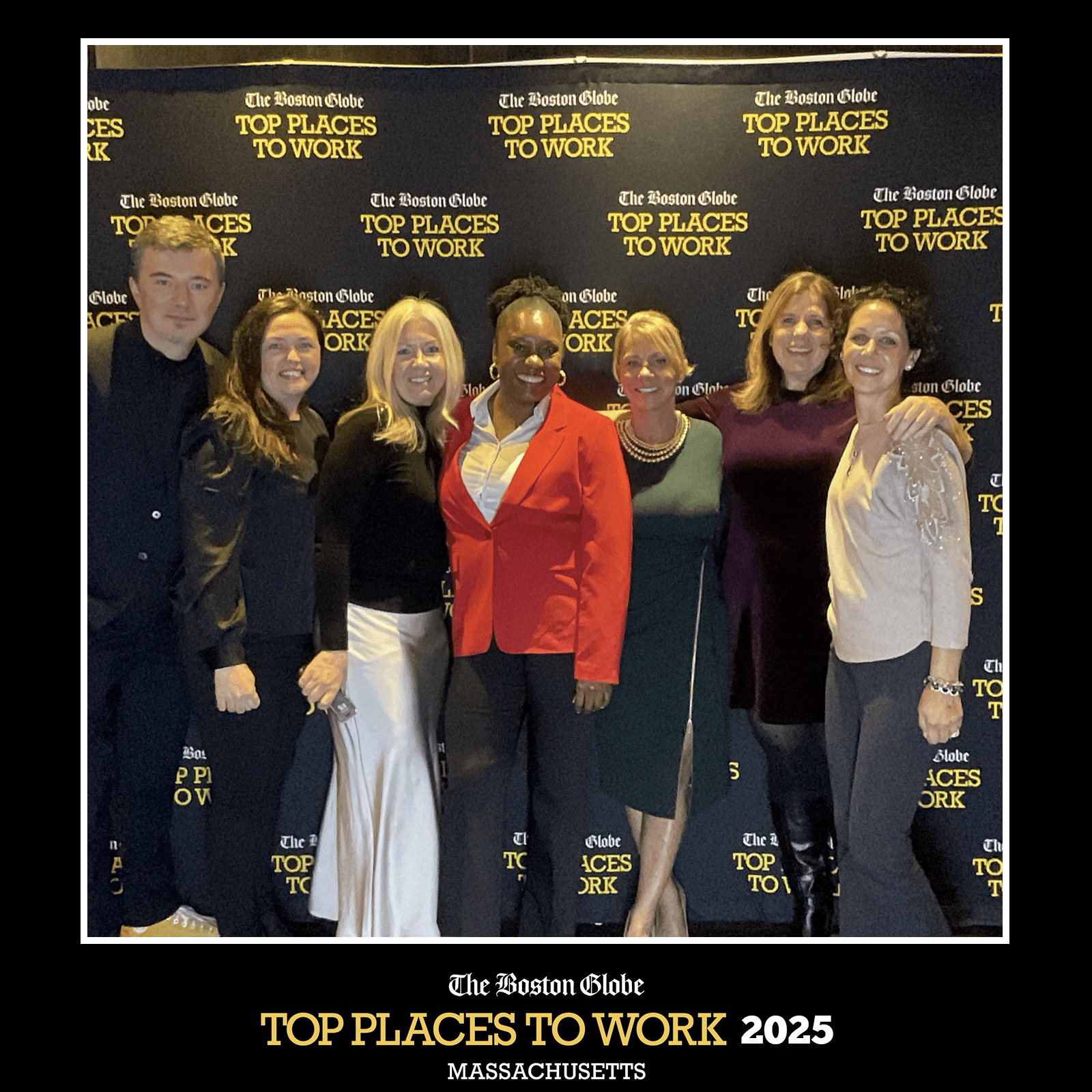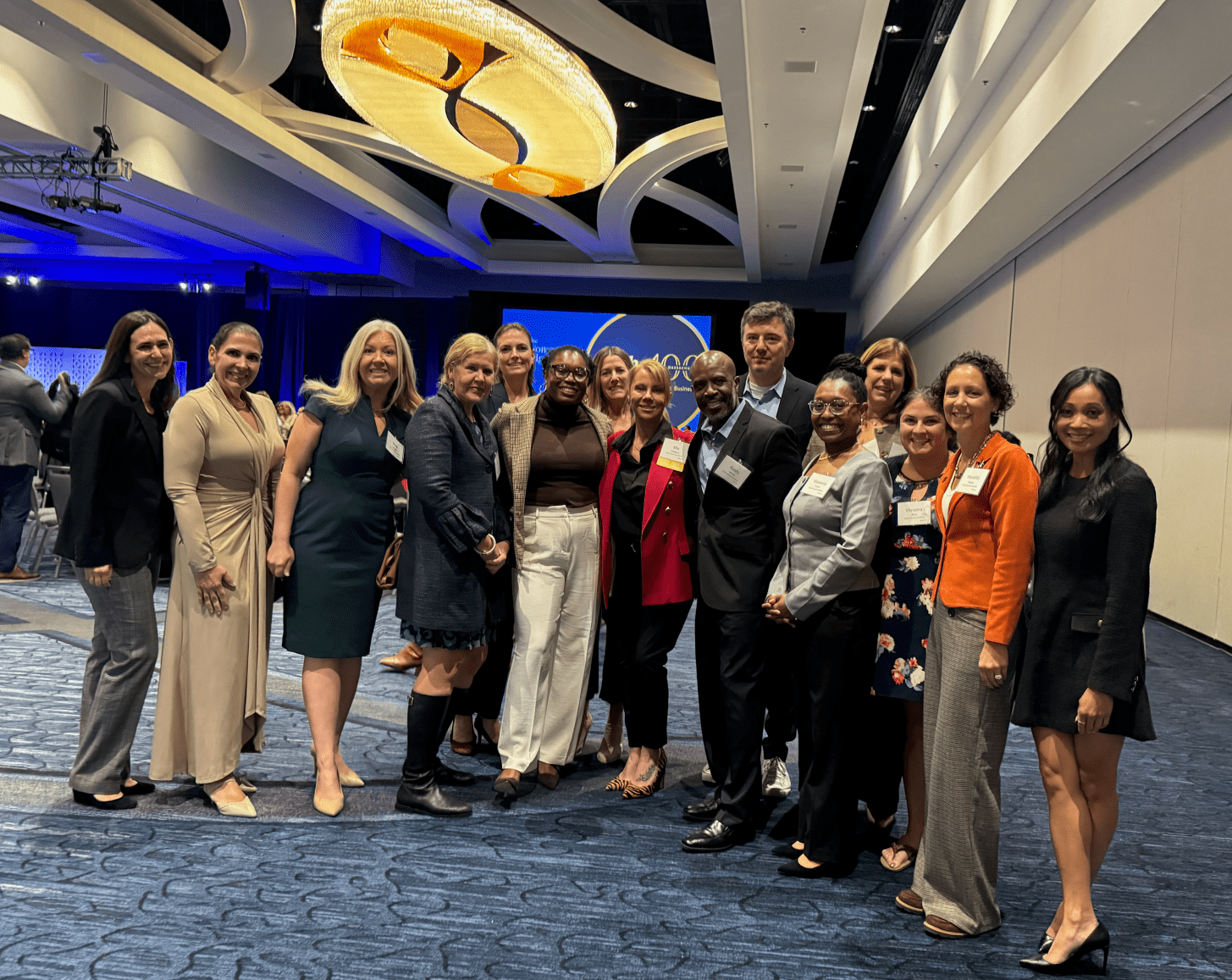Covid-19 has changed our relationship to work, and for many people a paycheck is no longer enough. We want our jobs to provide meaning and purpose.
Study after study has shown that Covid-19 prompted significant majorities of employees to reflect on their life’s purpose and consider looking for new jobs. That’s especially true for Americans under age 30.
For anyone seeking employment where they can experience first-hand the difference they’re making in someone’s life, I urge them to consider human services.
I have spent my entire career in this field, and I know the intrinsic rewards of helping others find their way to a more fulfilling and successful life. “You get to see people grow and change,” says my colleague Deirdre Hunter. “You get to form long-term relationships.”
As senior vice president of JRI Developing Abilities, Hunter oversees programs in Natick, Framingham and other Metrowest towns that help people learn job and independent living skills, provide residential and day habilitation services, and assist with daily living needs.
The job opportunities in human services are plentiful and varied throughout the Metrowest region. There are programs that work with families and young children, with adolescents, and with individuals suffering from substance use disorder or those who have developmental disabilities. Human services provides case management for those experiencing homelessness and safety for those who have been abused. We offer hope, fresh starts and second chances, and a sustaining human connection for those whose life circumstances have offered them none.
Human services address the pain of emotional trauma, of neglect, abuse and incalculable loss — such as the loss of a parent to violence or drug overdose. That pain remains invisible until it is expressed through behavior as a cry for help.
Covid-19 has made emotional pain and trauma more visible to us all. We’ve lost loved ones and friends to the disease, and seen our livelihoods disappear or threatened. We fear we or our families will get sick. Too many of us have become isolated and depressed, and some even consider suicide
A career in human services can be an antidote to the vulnerability Covid has made us feel, perhaps for the first time in our lives. Human services can put your individual life experiences to use for the benefit of others. As Hunter says, you need to be interested in people, and enjoy developing relationships and fostering abilities.
The growing trend toward lived experience means that if you have overcome abuse, addiction or other challenges, you can help guide clients facing similar problems. Your life experiences — any of them — can be valuable in helping others heal.
Strong social services programs provide their employees training and opportunities for advancement. At Justice Resource Institute (JRI), where I work, we want to build the human services workforce of the future. We help our employees establish careers that make our communities and our state better places to live, work and raise families.
To that end, our benefits include a generous tuition reimbursement, student loan forgiveness and scholarship program that enables our employees to earn the degree or certification they need to land jobs with more responsibility and better pay.
Human service workers have been among the unseen heroes of the pandemic. They have ensured the safety and care of some of the most vulnerable in our communities.
If the pandemic has sent you searching for meaning in your work, human connection or even healing, you can find it in the challenges and rewards of human services. I encourage you to explore the many career opportunities available. www.jri.org/careers
Mia DeMarco, MPA, is chief operating officer of Justice Resource Institute, which operates 125 social service programs in Massachusetts, Rhode Island and Connecticut, including several in the Metrowest region.











